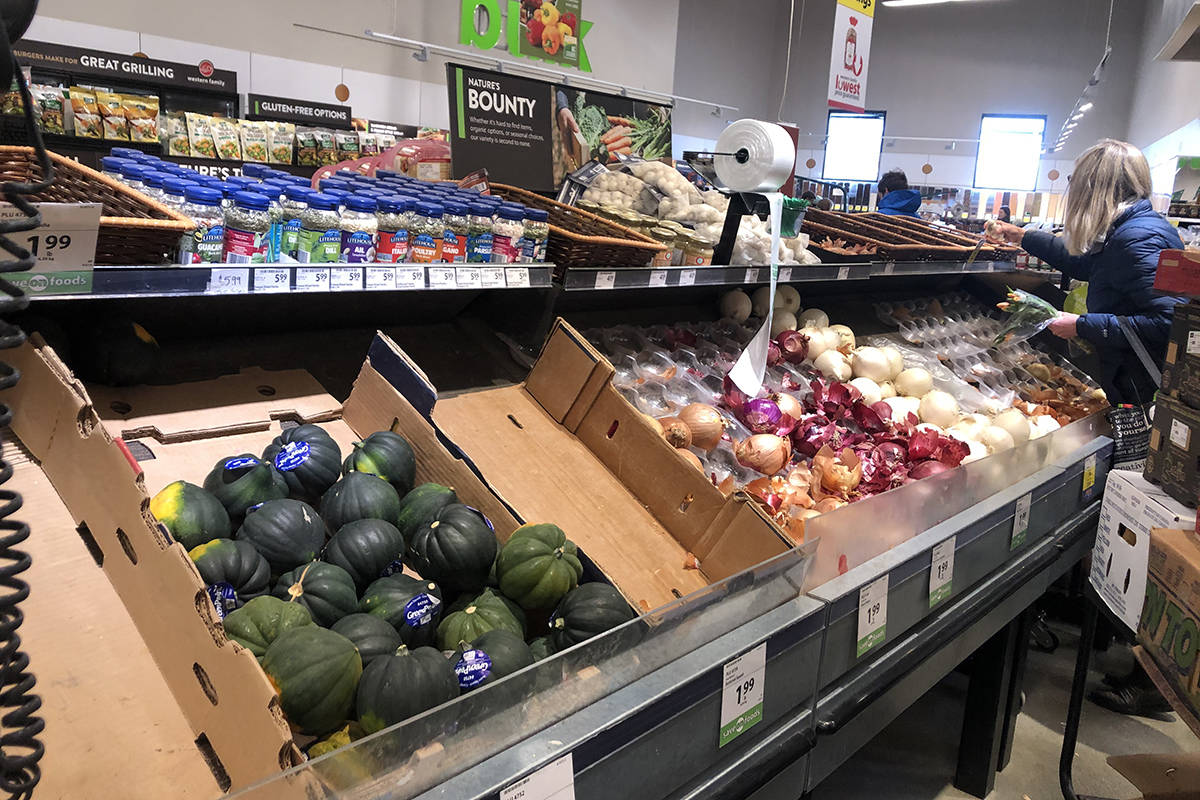I’ll admit it — I’m anxious about going to public places now.
When someone in line behind me starts coughing, I wonder why they’re coughing and fear I’m getting whatever it is (in my mind at the moment, the cough is always COVID-19). Call it paranoia if you like, but I think the fear is justified.
This whole situation feels like a scene from a Max Brooks novel or a George A. Romero flick. That’s clearly an exaggeration, but it’s not far off from how it feels. When I walk my neighborhood, the lack of sounds, people and traffic are palpable.
So many grocery store shelves are bare. That’s a weird feeling. Then they’re stocked again before they’re cleared a few hours later.
But who is doing the stocking? Grocery store workers. They’re also running the cash registers, collecting the carts and restocking the cart sanitizing stations.
Like so many of my generation, my introduction to the professional world started in retail. First as a grocery store clerk, then at a hardware store, and even a stint in the wonderful world of Walmart between undergraduate and graduate degrees.
Retail work, for me, was unfulfilling. Management didn’t appreciate the low-wage workers (a quick look at the paycheck reinforced that notion), nor did the customers who spoke in condescending tones and dropped any semblance of mutual respect and courtesy. When the customer is king, the retail workers are the peasants — that was a hard pill to swallow for me.
The variable schedule was not only unmanageable, it was cruel. It made any sort of reasonable scheduling impossible. A retail worker hoping to interview for a new job only knows their schedule a week in advance, sometimes more and sometimes less depending on the manager’s competence.
Plainly stated, I hated it.
Today, if you’ve not realized that grocery store workers are heroes, you’re not paying attention.
With COVID-19 as contagious as it is, each grocery store worker is very literally in harm’s way to make sure you get your 16-pack of toilet paper. But ridiculous, selfish and shameful hoarders aside, grocery store workers are stocking baby formula, diapers, medicine, soap, produce, milk (both cow and almond), meat and meat alternatives, and grains so we can be clean and sustained. All that while completely surround by ground zero.
Maybe you missed the news, but the grocery workers unions have been working with employers to finally secure fair treatment of the employees in stores throughout our communities. New guarantees include “up to two-weeks of pay for workers diagnosed with COVID-19 or workers required to self-quarantine, before needing to access sick leave and other contractual paid leave” and “agreed to jointly work with state and federal government to treat grocery store workers as first responders and set up a childcare fund for grocery store workers,” according to a March 18 press release from UFCW 21, 367, 1439 and Teamsters 38.
Perhaps many workers feel a new found sense of fulfillment that I never felt in retail. Perhaps. They should, certainly. But the hard truth of this whole situation is most of these workers are not putting their lives in danger out of a sense of community, patriotism or altruism — no, they’re doing it out of necessity.
Decades upon decades of rampant profit seeking of the corporations that employ our local grocery store workers have kept wages low and cruel conditions as the norm. And now, these employees have no safety net to fall back on. Many of these workers still on the frontline likely can’t afford to self quarantine. They have no option but to go to work. They have no option but to find child care while schools are closed, meaning their families too risk unnecessary exposure.
The hard part about it all is there’s not much we can do.
We can’t change corporate greed today. We can’t change their wages.
But we can thank them. It takes a second. “Thank you for being here. I really appreciate it.” And you should mean it. They deserve your thanks and kindness at the very least.
And when there’s a moment to breathe and demand changes from corporate America, we should not forget what grocery store workers have gone through for us today.
—
Corey Morris is regional editor of Sound Publishing’s Eastside publications in King County. Contact cmorris@soundpublishing.com


